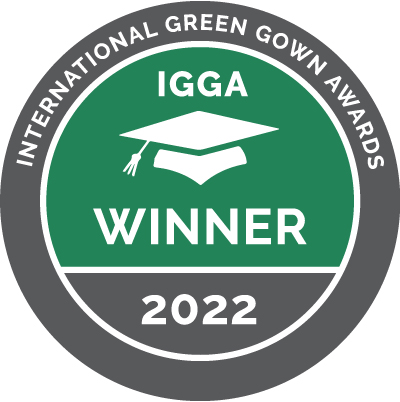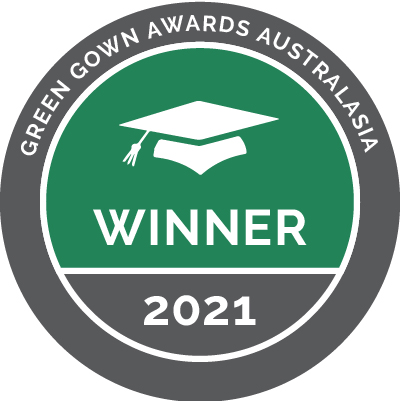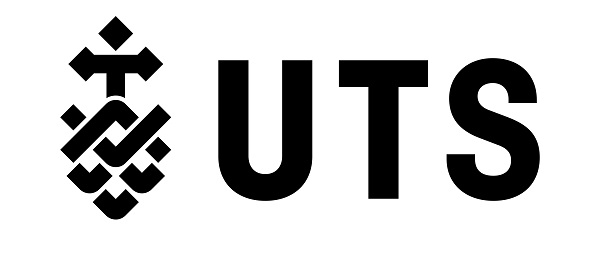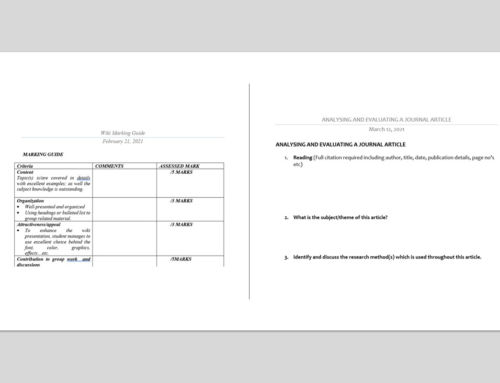A degree like no other: Industry Innovation Project in the Bachelor of Creative Intelligence & Innovation at UTS
Positioned within the Bachelor of Creative Intelligence and Innovation (BCII), the subject Industry Innovation Project (IIP) involves final-year students working with industry partners in small transdisciplinary teams to develop solutions to real-world ‘wicked’ problems. Most of these challenges have complex sustainability and social issues at their core and students work in a porous ‘third space’, positioned outside the traditional confines of ‘education’ and ‘employment’. Working collaboratively with industry partners, students are encouraged to re-imagine the challenge they have been set and are taken through a process designed to facilitate creative thinking and innovative problem-solving.
Since it began in 2014, the BCII has quickly earned a reputation amongst students and partners as a “degree like no other” – a world-first transdisciplinary degree that brings together students from 25 different fields. IIP has been instrumental in the BCII winning recent awards from AAUT and BHERT for collaboration and problem-solving.
> The initiative
The Bachelor of Creative Intelligence and Innovation (BCII) is a world-first, transdisciplinary double-degree program that has been operating at UTS since 2014. Radical in its ambition, it combines students from 25 different degrees across UTS in a future-oriented, industry-engaged curriculum. Focused on high-level critical and creative thinking, invention, complexity, innovation, and entrepreneurship the program is built around community and industry partnerships, creating a porous ‘third space’ for students to learn.
Central to the BCII program is the 4th and final year subject Industry Innovation Project (IIP) where students are formed into transdisciplinary teams and work full-time for an entire semester on a real-world ‘wicked’ challenge posed by their assigned industry partner. The partners include large corporations, social enterprises, public sector organisations, and tech startups. Many of these industry challenges have sustainability missions at their core. Some recent examples of sustainability challenges from the 26 partners who participated in IIP in 2021 include:
- UNICEF challenged students to design a platform for young people to share their opinions and concerns around issues such as climate change, mental health and wellbeing, education and equality and inclusion. The partnership worked so well that the students and UNICEF Australia agreed to keep working together on the platform, tentatively titled “USpeak”, after IIP had finished. Their solution helped capture youth outrage and helped young people find each other online, in their own political constituencies, to converse and collaborate and activate their causes long after events such as the student strikes for climate change.
- Guzman y Gomez challenged students to help them reach a neutral environmental footprint while staying “100% clean”, convenient and affordable. The team designed a series of behavioural “nudges” aimed at reducing usage of bottled water, complementing the bioenergy solution offered by one of our 2020 teams around avocado skins, one of the company’s major waste products.
- Mission Australia Housing asked students for fresh perspectives on onboarding volunteers in social housing communities so that initiatives such as art collectives and sustainability groups had greater longevity and resilience. The resulting starter kit, community-building activities and incentives drew on diverse disciplines and stakeholder insights.
- v2food (the company behind the Rebel Whopper at Hungry Jacks) challenged students to explore how social movements for sustainability can be kickstarted around concepts like plant-based meat. Working with two former BCII students who now work for v2food, the team’s response proposed new approaches to forming partnerships.
Importantly, IIP is not an internship program. The industry partnership team within the TD School (i.e. Transdisciplinary School) at UTS work in collaboration with the partners to develop complex real-world challenges that have a clearly determined problem definition, yet are open-ended in their scope for potential solutions. All participants – students, academic staff and industry partners are encouraged to re-imagine the problem and engage in mutual learning and processes of reflexivity that require them to scrutinise the choices that are made when identifying and integrating diverse knowledges, values and worldviews.
Other factors that set the BCII apart from industry-connected learning experiences at other universities are that students work in transdisciplinary teams, where each student is able to bring a different disciplinary perspective to the challenge, and students are able to draw on four years of learning designed to foster creativity, systems thinking and innovation. Preparing students to be transdisciplinary practitioners requires a challenge-led approach to teaching, an exposure to a breadth of knowledge types and the development of a toolkit they can employ to integrate and translate the diverse knowledges they will encounter in their future work.
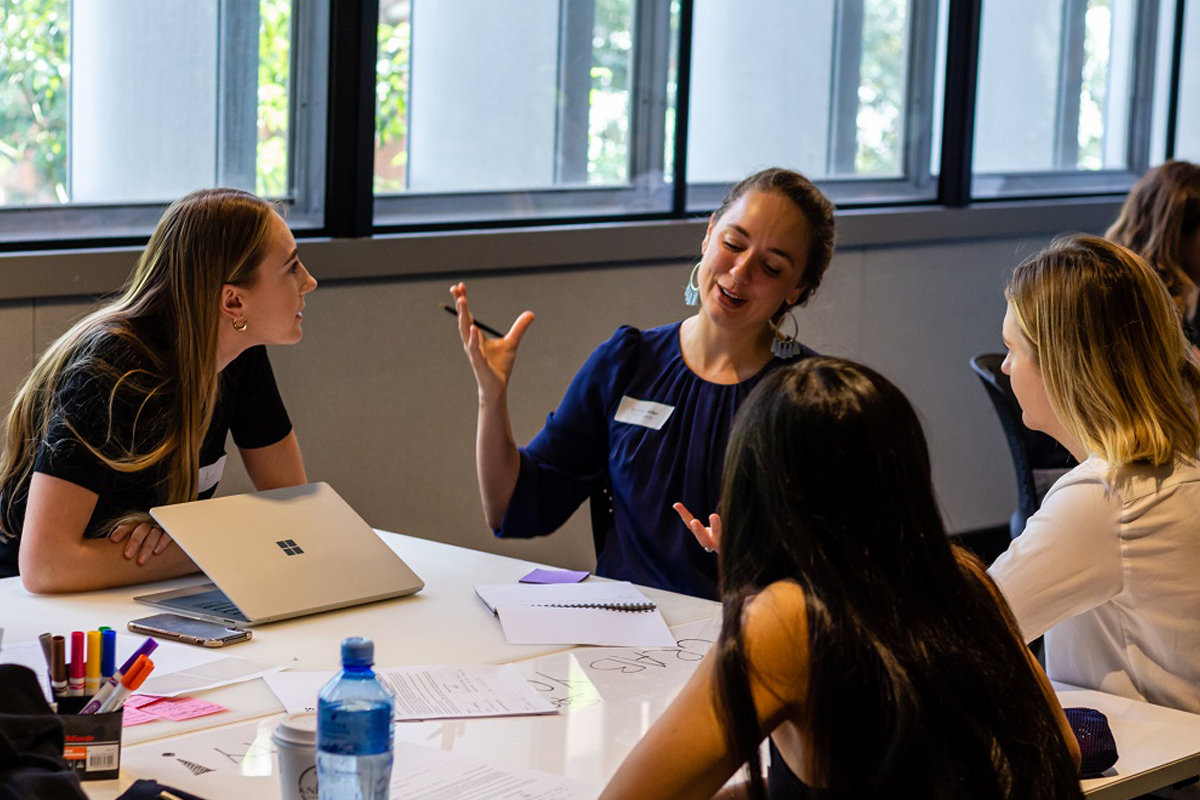
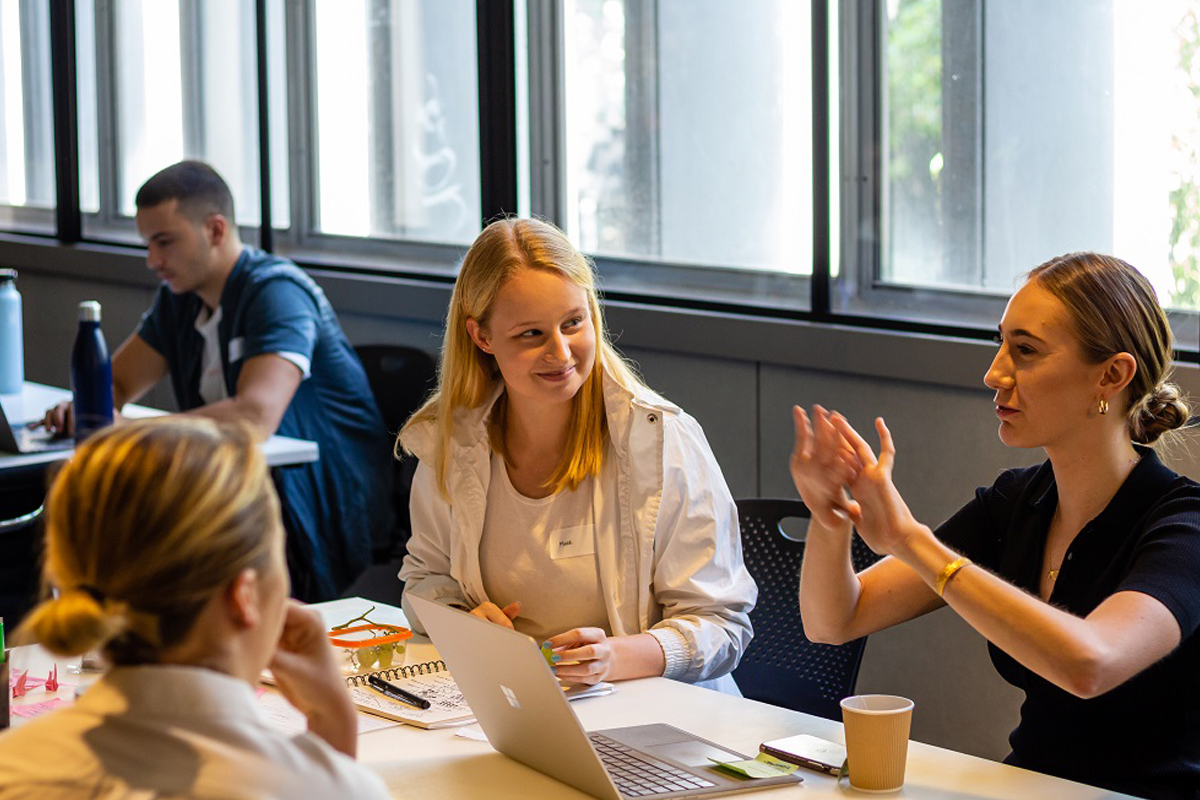
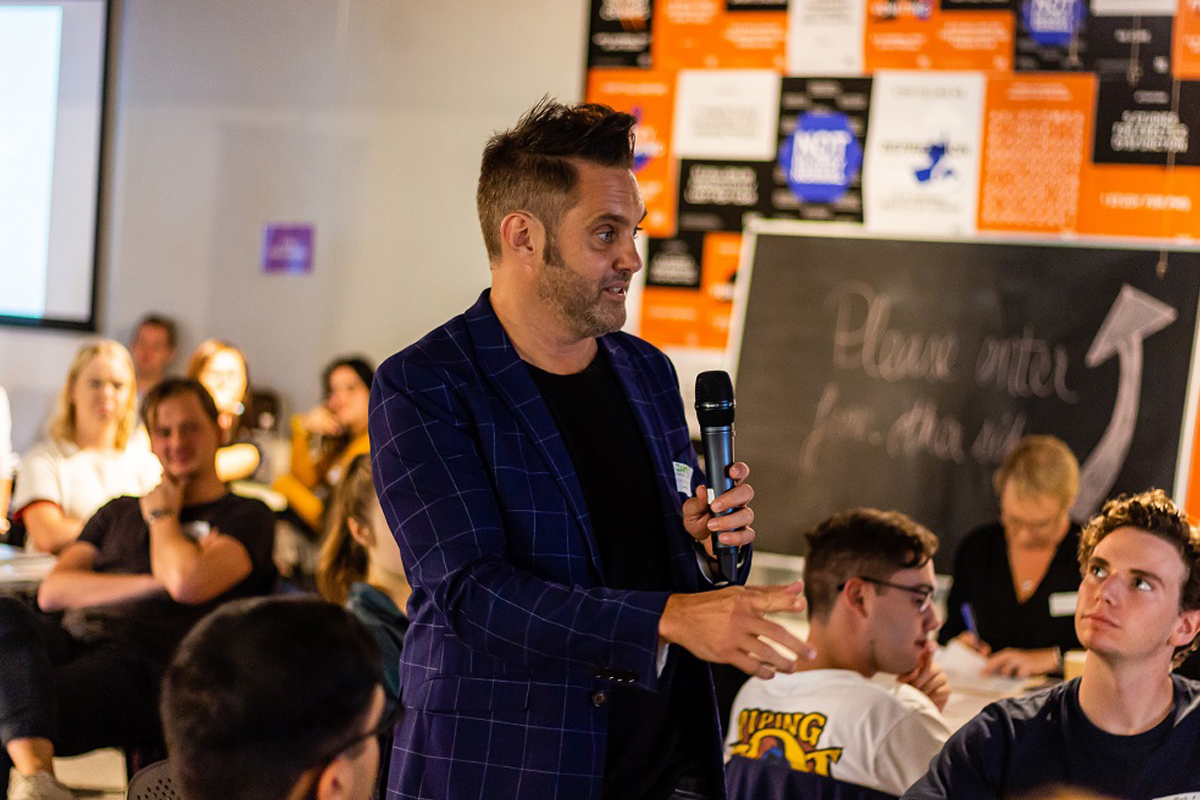
> Environmental and social benefits
Addressing complex sustainability issues at global and local scales requires new ways of thinking that enable transcendence of existing paradigms and the creation of previously unimagined possibilities. This need for transformational change to deliver sustainable futures in turn creates a need for transformative learning, which requires higher education institutions to “operate as knowledge and reflection institutions developing critical thinking and not only as teaching institutions that transfer knowledge” (Walter Leal Filho et al. 2018). The BCII has been carefully designed to enable this critical thinking and reflection by bringing together diverse knowledge types and encouraging students to unpack the social norms, values and worldviews that determine the societal choices we make and the assumptions that underpin those choices.
Transforming the way people think and approach complex societal issues can be a slow process, but by the 4th year of BCII our students have become well-versed in integrating diverse knowledges, analysing the complexity of real-world challenges and unpacking the worldviews and old approaches that underpin our responses to these ‘stuck’ challenges. The IIP subject presents an opportunity for students to nominate projects that they are most passionate about and apply their unique transdisciplinary approach to sustainability challenges relating to food waste, urban design, packaging, green roofs, plant-based meat, social housing, homelessness, social inclusion, ageing, ethical technology and many other social and environmental issues that have been presented as industry challenges in IIP over the past five years.
It is rare for the responses that students come up with in IIP to be fully implementable in a manner that produces measurable environmental or social outcomes for partners in the short-term, such as reducing greenhouse gas emissions by a certain percentage. Instead, participating partners often highlight the longer-term benefits of being able to think about sustainability issues in a different way, as illustrated by the following quotes from recent IIP partners:
- Guzman y Gomez: “The UTS BCII program brings highly engaged students with fresh thinking and formal thinking models to facilitate the opportunity to find creative solutions to challenging issues”
- v2food: “BCII is showing the way UTS can break down academic silos and narrow thinking. Its students, equipped with the BCII skills and attitudes, confidence and humility are the ones who will change the world.”
Student feedback also commonly emphasises the unique critical thinking and problem solving elements of the BCII and how students are energised and inspired by the process. Quotes from student feedback surveys include;
- “Just the best, it doesn’t feel like traditional learning at all – in fact I feel like I learn better. This innovative classroom style and teaching approach should be implemented across the university. I love it.”
- “I particularly liked the freedom and ownership afforded in this subject and the experience with working with a different industry partner in a deeper and more expansive way”
- “Thank you for facilitating this type of learning. And for taking the responsibility to exceed every hope we had for BCII. Thank you for opening doors that we didn’t know existed”
- “Facing real world problems in a place so close to home, really shows how powerful and useful this degree is going to be in the coming years as a catalyst for change in the following generations.”
> Leadership and engagement
With its world-first transdisciplinary learning model the BCII has been described as “a degree like no other” and it has quickly become a key point of different for UTS in the higher education sector. Industry partners have systematically been involved as part of the BCII program, and industry input has been sourced from well before our first cohort of students. Industry engagement staff in the School work closely with academic teaching staff to identify needs and opportunities within the subject. The program now has such a high profile within industry that we have more partners apply than can be accepted, with 45 expressions of interest for IIP in 2021 and only 26 places available. Once selected, industry partners are ‘onboarded’ to understand our philosophy and approach, in particular the need to leave space for students to develop innovative responses to the challenges, and the importance of transcending traditional roles such as ‘client/consultant’ and ‘expert/novice’ to instead achieve partnerships of mutual learning between students, industry and staff. See the industry partners portal here.
> Wider societal impact
Over six years the BCII has won around $400,000 from New Colombo Plan and other funding to allow students to explore non-western approaches to innovation – i.e. frugal or ‘jugaad’ innovation and social entrepreneurship. This exposure helps broaden the social context and common understandings of innovation, both within this program and Australia’s innovation ecosystem. For example, students have gone to Fiji to apply their knowledge in rural communities and presented to Fiji’s High Commissioner to Australia. They’ve studied innovation at the ‘bottom of the pyramid’ in Delhi at IILM, and visited the UNESCO-sponsored eco-village in South India, Auroville (a village with a cashless economy), to learn about innovative approaches to agriculture, architecture, education and social organisation.




